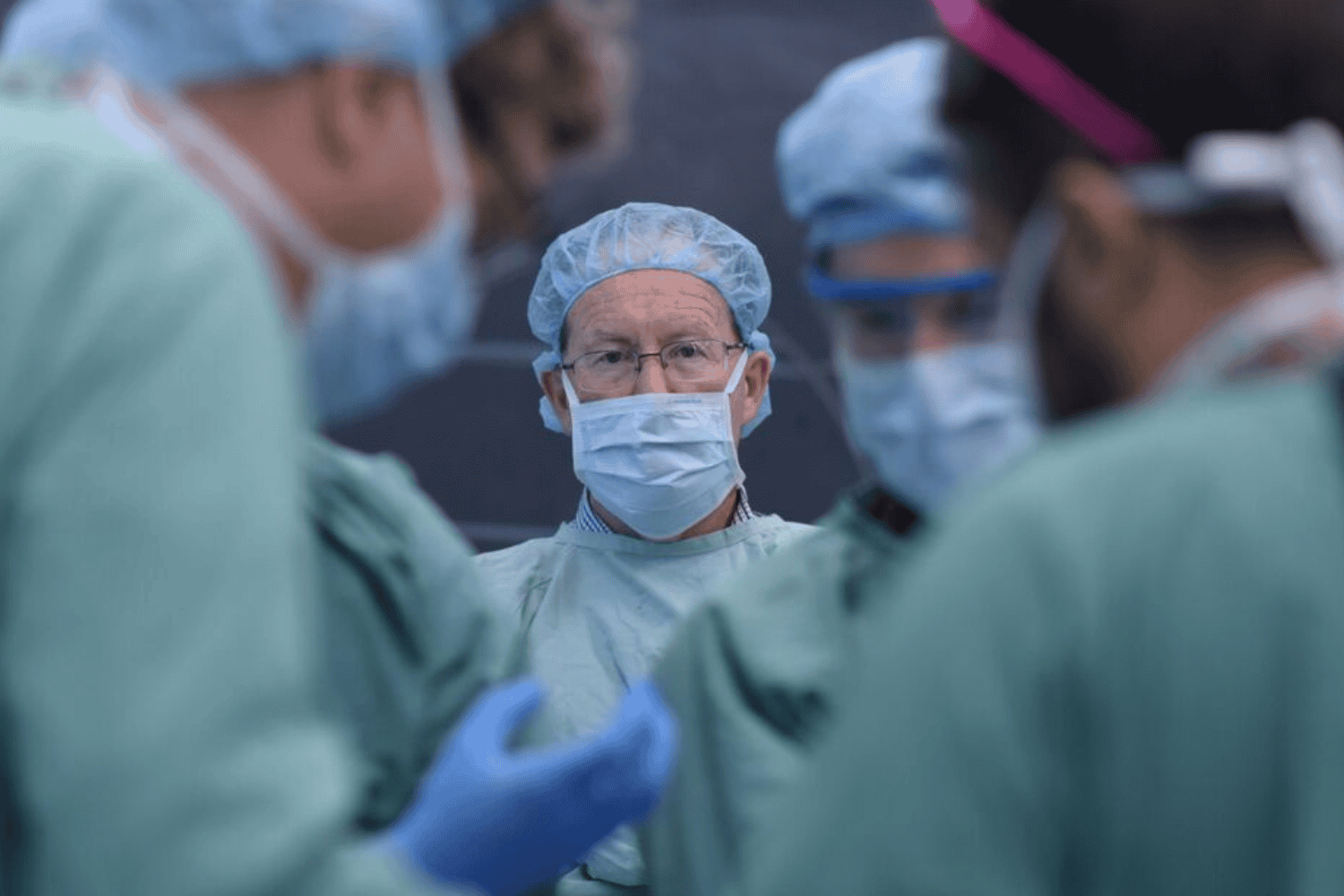Navigating the UK Medical System as a Foreign-Trained Doctor: A Comprehensive Guide

For medical professionals looking to practice in the United Kingdom, the journey requires careful planning, understanding of complex regulatory requirements, and significant preparation. While the process may seem overwhelming initially, thousands of international medical graduates successfully transition to the UK healthcare system each year. This comprehensive guide will walk you through every step of the journey, from initial requirements to establishing your medical career in the UK.

Understanding the Basic Requirements
The foundation of practicing medicine in the UK rests on several crucial requirements that every international medical graduate must fulfil:
-
Medical Qualification Recognition
– Your primary medical qualification must be listed in the World Directory of Medical Schools
– The qualification should meet GMC standards for curriculum and clinical experience
– Some countries have specific agreements with the UK, potentially simplifying the process
– Medical schools must have been recognised during your entire period of study
-
English Language Proficiency
The ability to communicate effectively in English is paramount in the UK healthcare system. You must demonstrate proficiency through one of these pathways:
– IELTS Academic:**
– Overall score of 7.5 or higher
– Minimum of 7.0 in each section (Reading, Writing, Listening, Speaking)
– Test must be taken at an approved centre
– Results valid for 2 years from the test date
– Multiple attempts allowed if necessary
– Occupational English Test (OET):**
– Minimum grade of ‘B’ in all four sections
– Medicine-specific version required
– More expensive but potentially more relevant to medical practice
– Also valid for 2 years
– Growing in popularity among medical professionals
-
PLAB Test Detailed Requirements
**PLAB 1 (Written Component):**
– 180 multiple choice questions over 3 hours
– Covers common medical scenarios and emergencies
– Tests knowledge of:
– Clinical sciences
– Clinical examination skills
– Investigation interpretation
– Emergency care
– Communication skills
– Available in numerous international test centers
– Results valid for 2 years
– Practice materials available through GMC website
**PLAB 2 (Practical Assessment):**
– 16 station OSCE (Objective Structured Clinical Examination)
– Each station lasts 8 minutes
– Assesses:
– Clinical examination techniques
– Practical procedures
– Communication skills with patients
– Breaking bad news
– History taking
– Physical examination
– Patient management
– Takes place only in Manchester, UK
– Requires significant preparation and practice
– Consider joining PLAB preparation courses
-
Alternative Registration Routes
-Membership/Fellowship of Royal Colleges
– Different pathways available through various Royal Colleges:
– Royal College of Physicians (MRCP)
– Royal College of Surgeons (MRCS)
– Royal College of General Practitioners (MRCGP)
– Often more expensive than PLAB but provides specialty recognition
– May offer better career progression opportunities
– Requires significant preparation and study
– Some parts can be taken internationally
-European Qualifications Post-Brexit
– Recognition process has changed significantly
– New requirements for EEA qualifications
– Specific rules for Swiss qualifications
– Transition period arrangements
– Additional requirements may apply
-Medical Training Initiative (MTI)
– Two-year training placement scheme
– Sponsored by Royal Colleges
– Provides valuable UK experience
– Includes visa sponsorship
– Limited availability and competitive application process
-Certificate of Eligibility for Specialist Registration (CESR)
– Alternative route to specialist registration
– Requires extensive documentation of training and experience
– Comparable to UK specialty training
– Can be time-consuming and expensive
- Detailed evidence requirements
-
GMC Registration Process in Detail
-Documentation Requirements
Primary Medical Qualification:
– Original certificate or notarized copy
– Official English translation if necessary
– Verification directly from medical school
Proof of Identity:
– Valid passport
– Additional photo ID
– Proof of any name changes
Certificate of Good Standing:
– From all medical regulators where you’ve practiced
– Must be less than three months old
– Direct submission to GMC required
Additional Requirements:
– Employment history
– References from recent employers
– Evidence of postgraduate qualifications
– Detailed curriculum vitae
-Registration Types
**Provisional Registration:**
– Required for Foundation Year 1
– Limited scope of practice
– Supervised positions only
– Transition to full registration after completion
**Full Registration:**
– Allows independent medical practice
– Required for most medical positions
– Annual renewal process
– Continuing professional development requirements
-
Visa Requirements and Immigration
-Skilled Worker Visa Details
– Points-based system requirements
– Minimum salary thresholds
– Duration and extension rules
– Dependent visa options
– Settlement pathway requirements
-Health and Care Worker Visa Benefits
– Reduced application fees
– Priority processing
– Exemption from immigration health surcharge
– Family member provisions
– Career progression opportunities
-
Finding Employment Opportunities
– NHS Jobs Platform
– Creating an effective profile
– Understanding NHS job bands
– Application process tips
– Interview preparation
– Contract negotiation
– Medical Recruitment Agencies
– Choosing reputable agencies
– Understanding fee structures
– Service level agreements
– Support services offered
– Contract review assistance
– Networking and Professional Development
– Professional body memberships
– Conference attendance
– Online networking platforms
– Local medical communities
– Mentorship opportunities
-
Additional Considerations for Practice
– Medical Indemnity Insurance
– Coverage requirements
– Provider options
– Cost considerations
– Claim history implications
– Employer-provided coverage
-Professional Development Requirements
– Annual appraisal process
– Revalidation cycles
– CPD documentation
– Quality improvement activities
– Feedback collection
– Cultural Adaptation in UK Healthcare
– NHS structure and hierarchy
– British medical etiquette
– Multi-disciplinary team working
– Patient communication norms
– Documentation standards
-
Financial Planning and Investment
-Initial Costs
– Examination fees breakdown
– Registration costs
– Visa expenses
– Travel arrangements
– Initial accommodation
– Living Expenses
– Housing costs by region
– Transportation expenses
– Insurance requirements
– Professional memberships
– Emergency funds
– Career Investment
– Additional training costs
– Professional development
– Specialty examination fees
– Conference attendance
– Research opportunities
-
Support Networks and Resources
– Professional Organizations
– BMA membership benefits
– Specialty associations
– Local medical committees
– International doctor networks
– Research collaborations
– Personal Support
– Cultural adjustment resources
– Family integration services
– Language support
– Housing assistance
– Educational support for dependents
-
Timeline and Strategic Planning
– Pre-Application Phase (3-6 months)
– Document collection
– Exam preparation
– English language testing
– Initial research
– Financial planning
– Application Phase (3-4 months)
– GMC registration
– Visa application
– Job applications
– Reference collection
– Credential verification
– Transition Phase (2-3 months)
– Relocation planning
– Housing arrangements
– Banking setup
– Healthcare registration
– Professional networking
Conclusion
The journey to practicing medicine in the UK as a foreign-trained doctor requires careful planning, dedication, and resilience. While the process is complex, the UK healthcare system offers excellent opportunities for professional growth and development. Success in this transition depends on:
– Thorough preparation and documentation
– Strategic timeline management
– Professional network development
– Cultural adaptation willingness
– Continued professional development
Remember that thousands of international medical graduates successfully practice in the UK, contributing valuable skills and diversity to the NHS. With proper preparation and persistence, you can join their ranks and build a rewarding medical career in the United Kingdom.
The key to success lies in maintaining organised documentation, staying informed about requirement changes, and building a strong support network. Consider seeking professional advice for complex aspects of the process, particularly regarding visa applications and specialty recognition.
Your journey to practicing medicine in the UK may be challenging, but the professional rewards and opportunities for career development make it a worthwhile endeavour for many international medical graduates.



